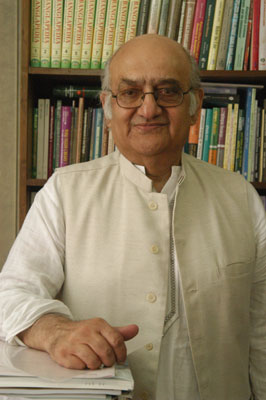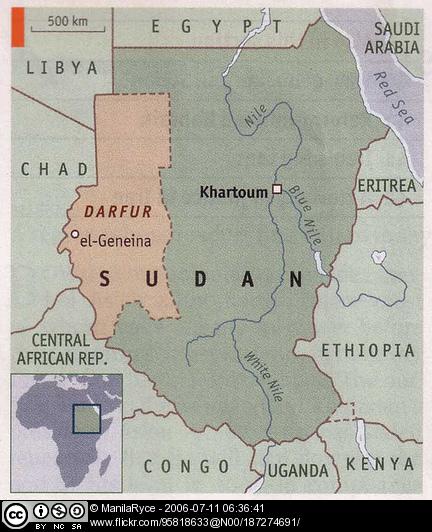Sick Men of South Asia
Pakistan and Bangladesh are separately traveling in the same direction, toward erasure from the political maps of the future. Pakistan ceased to exist 40 years ago. The secession, in 1971, of East Pakistan on the grounds of being Bengali rather than Muslim conclusively disproved the Two Nation Theory—even for those who had believed in it in the first place. If Pakistan wasn’t the homeland for South Asia’s Muslims, what was it? After the war, Pakistan could have rethought the basis of its existence as a political entity but didn’t. Instead, the Pakistan which remained tried to carry on, pretending that it was still the land of South Asia’s Muslims, just smaller … It never figured out why it should exist …

Challenging the Injustice of Poverty: a Conversation with Rehman Sobhan
Last week, Professor Rehman Sobhan, Chairman of the Center for Policy Dialogue in Dhaka, Bangladesh, visited the UN Development Programme in New York City to discuss his most recent book. I had the opportunity to speak with Professor Sobhan about the motivation behind his work and learn about the years of field research that preceded it. Challenging the Injustice of Poverty: Operationalizing an Agenda for Inclusive Development Across Southeast Asia is a culmination of Professor Sobhan’s efforts to understand the roots of economic exclusion across 5 countries over the past 4 years. At its core is Sobhan’s uncompromising insistence on identifying the source, as opposed to merely addressing the symptoms of poverty. According to Sobhan, poverty is not a social …

China and India in Sudan: an Uncertain Relationship
On June 21, at the Manor Road Building, Oxford University, Daniel Large and Luke Patey discussed the role of China and India in Sudan’s oil sector. This industry is of particular interest today, as on the 9th of July the country will split into Northern Sudan and Southern Sudan. The recent border clashes illustrate the lack of agreement between the two sides about the sharing of oil revenues. The two speakers situate this issue within an international context by contrasting the involvement of China and India and discussing the long-term prospects of Sudan’s oil industry, among other interesting questions. China’s involvement in Africa has become a hot topic in media and political discussions. This has concealed that of other Asian …
Effective governance
The credit crunch and the disillusion with parliamentary democracy prove that there is a problem with the way we govern ourselves, as organisations and states. I would like to propose a solution which, if implemented, would go a long way to providing effective governance, economic growth, and social stability. THE PROBLEM All our existing institutions and regulations failed to prevent the credit crunch, the Madoff and Stanford frauds, the obvious risk of bankers lending to people who can’t afford to repay, and the collapse of numerous financial organisations. The banking crisis was caused by banks knowingly lending to people who couldn’t repay; therefore the crisis was predictable. So why did they do it? Because current governance processes don’t work. In …









